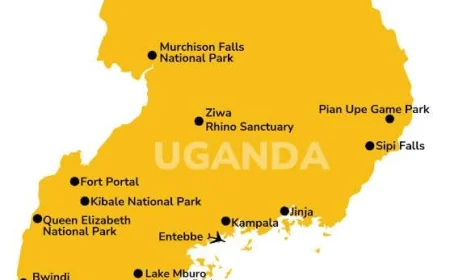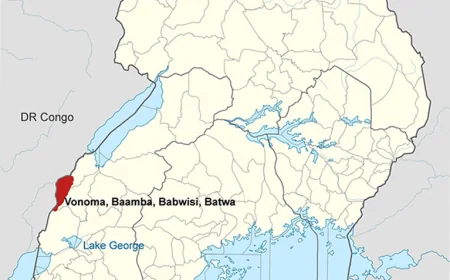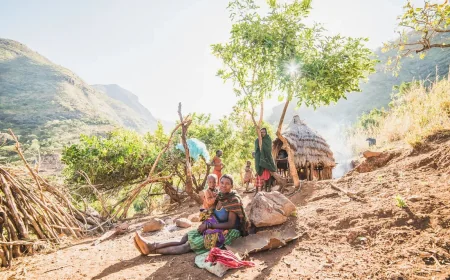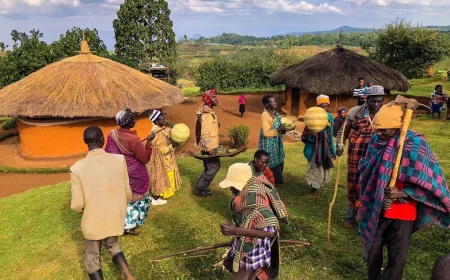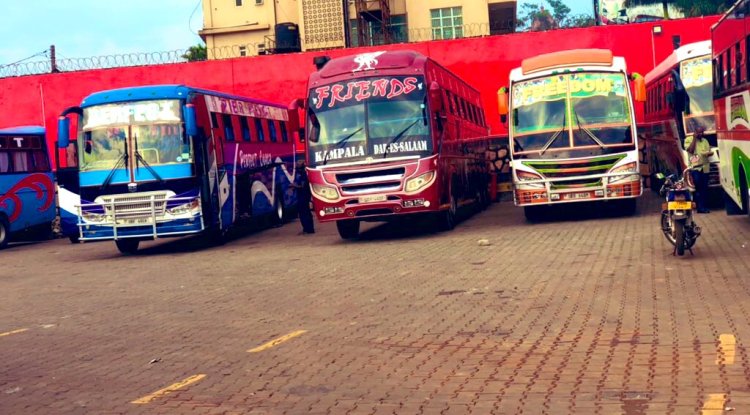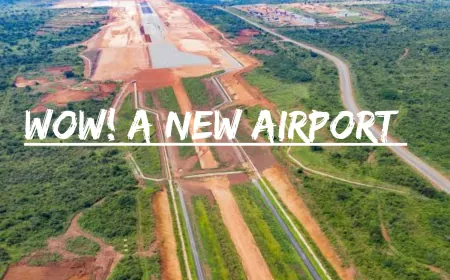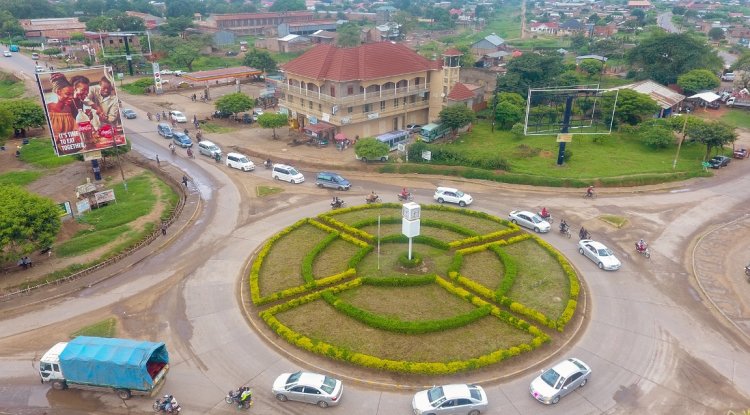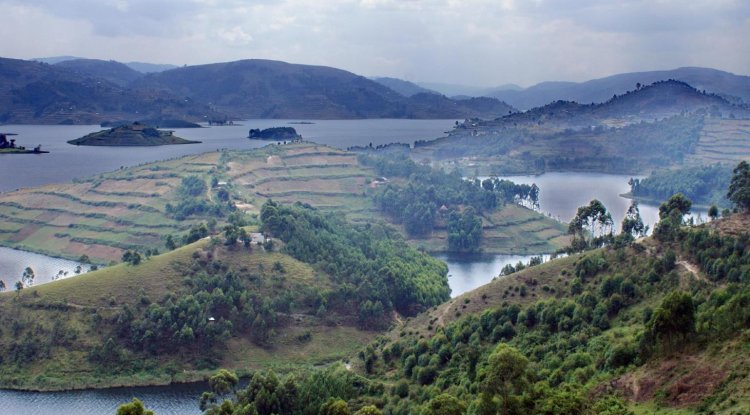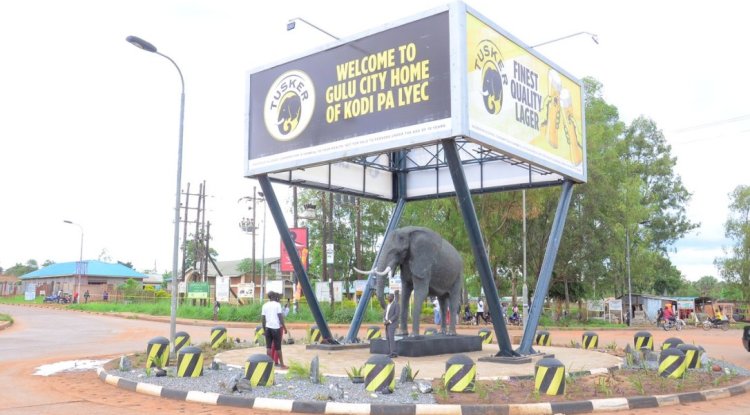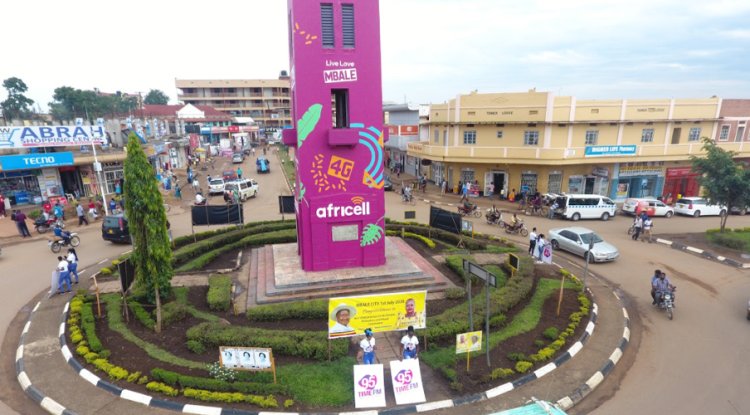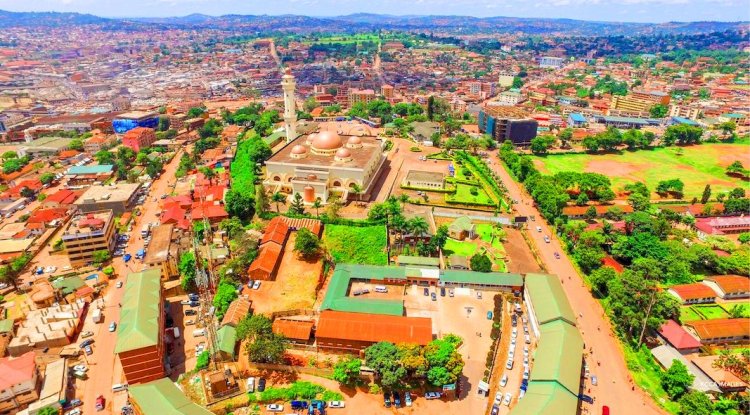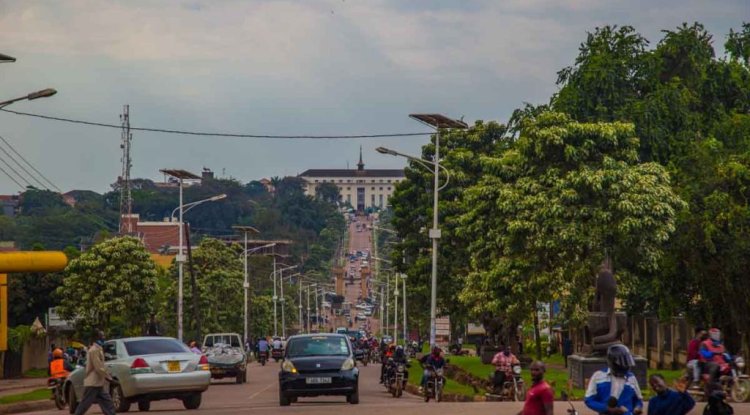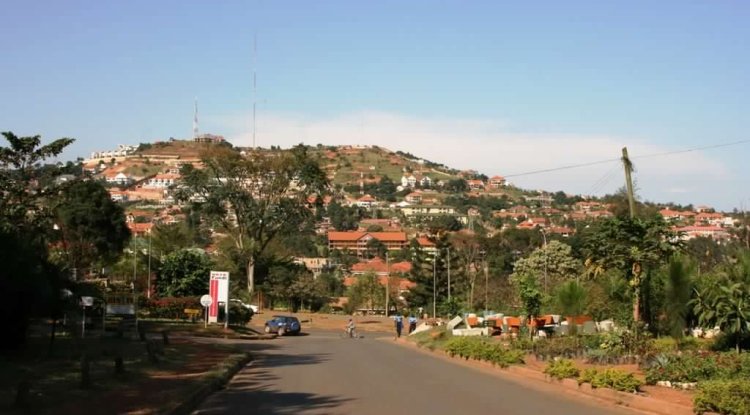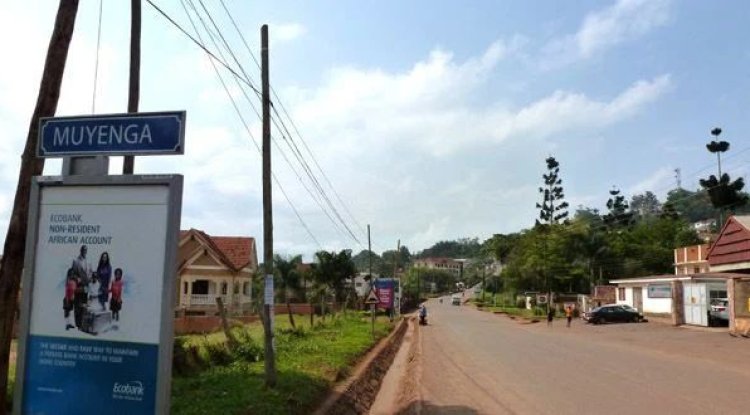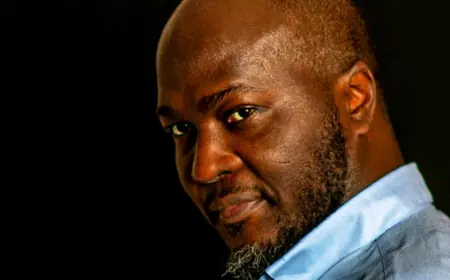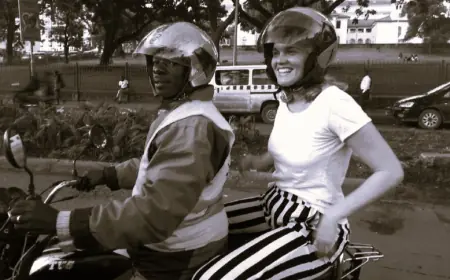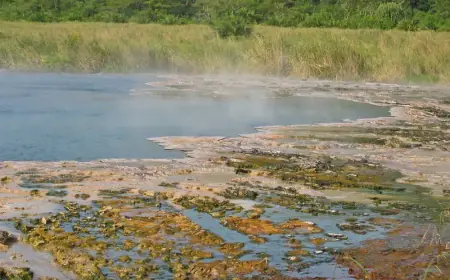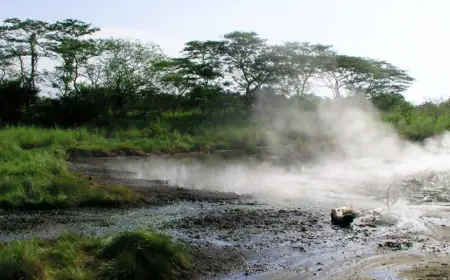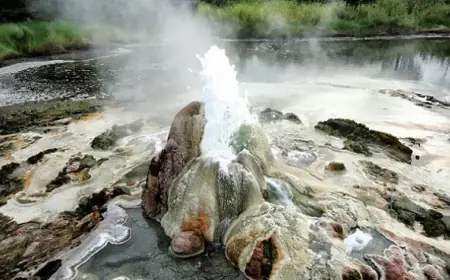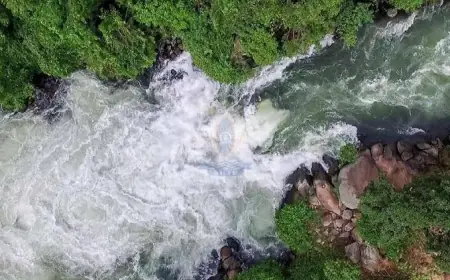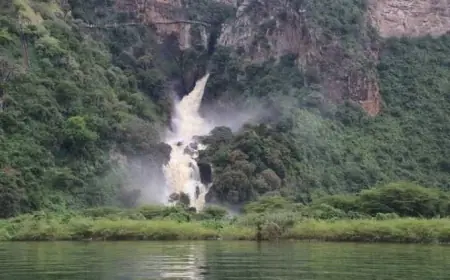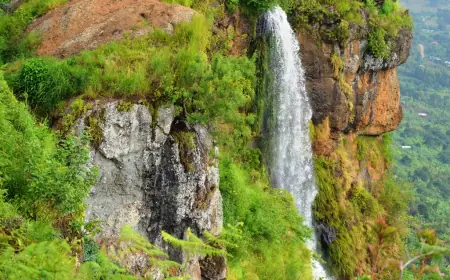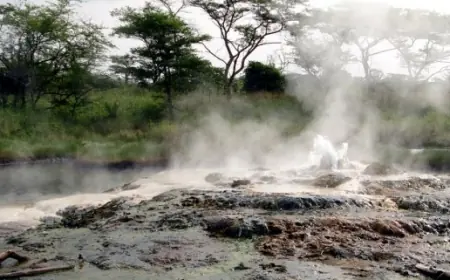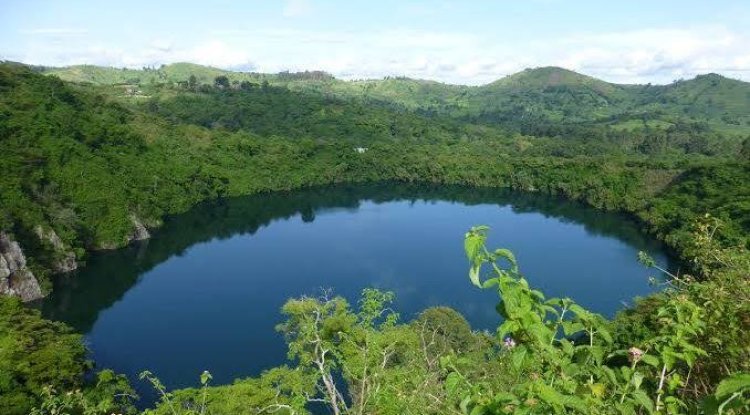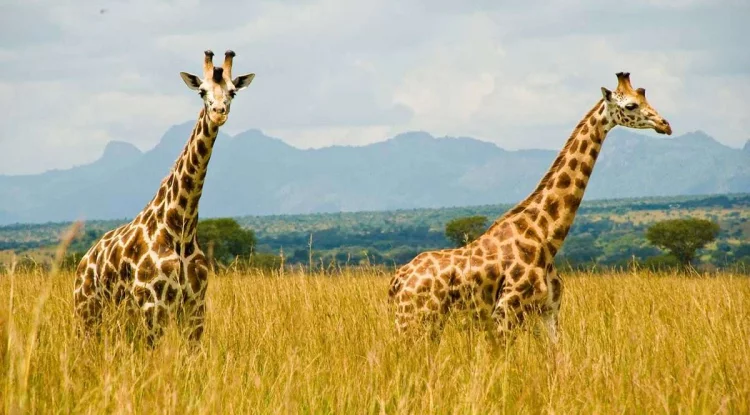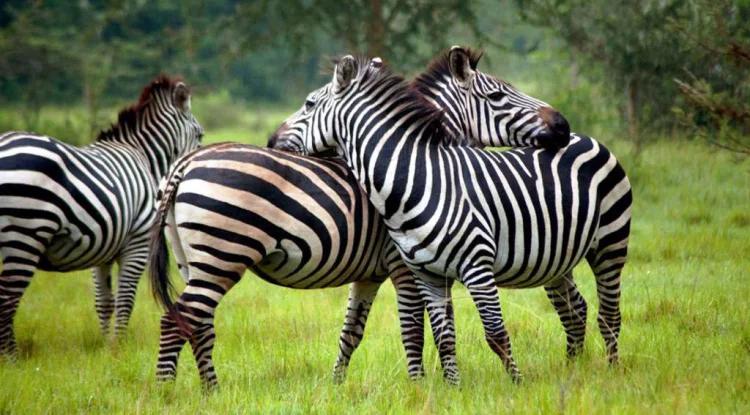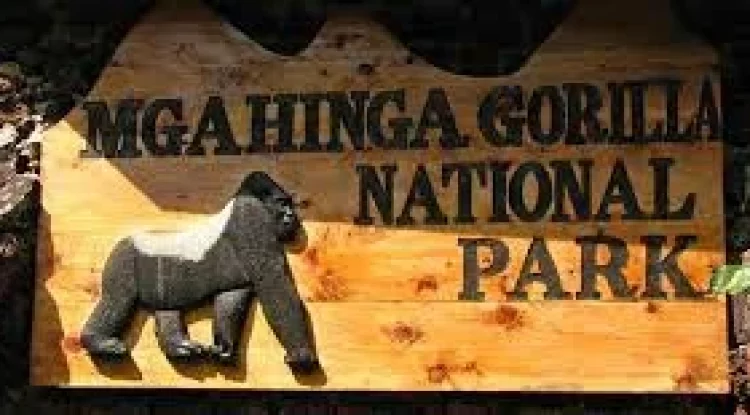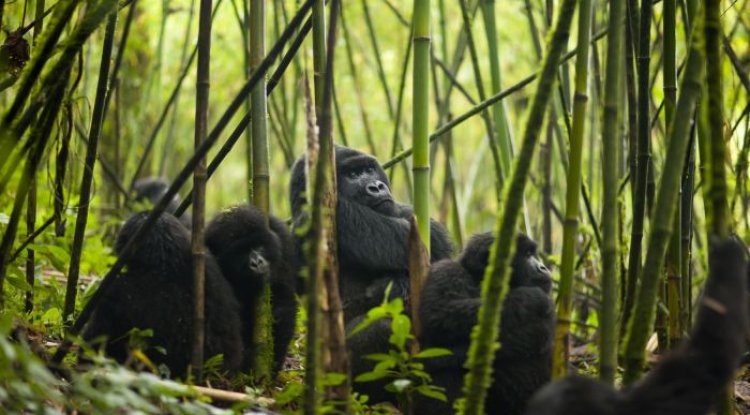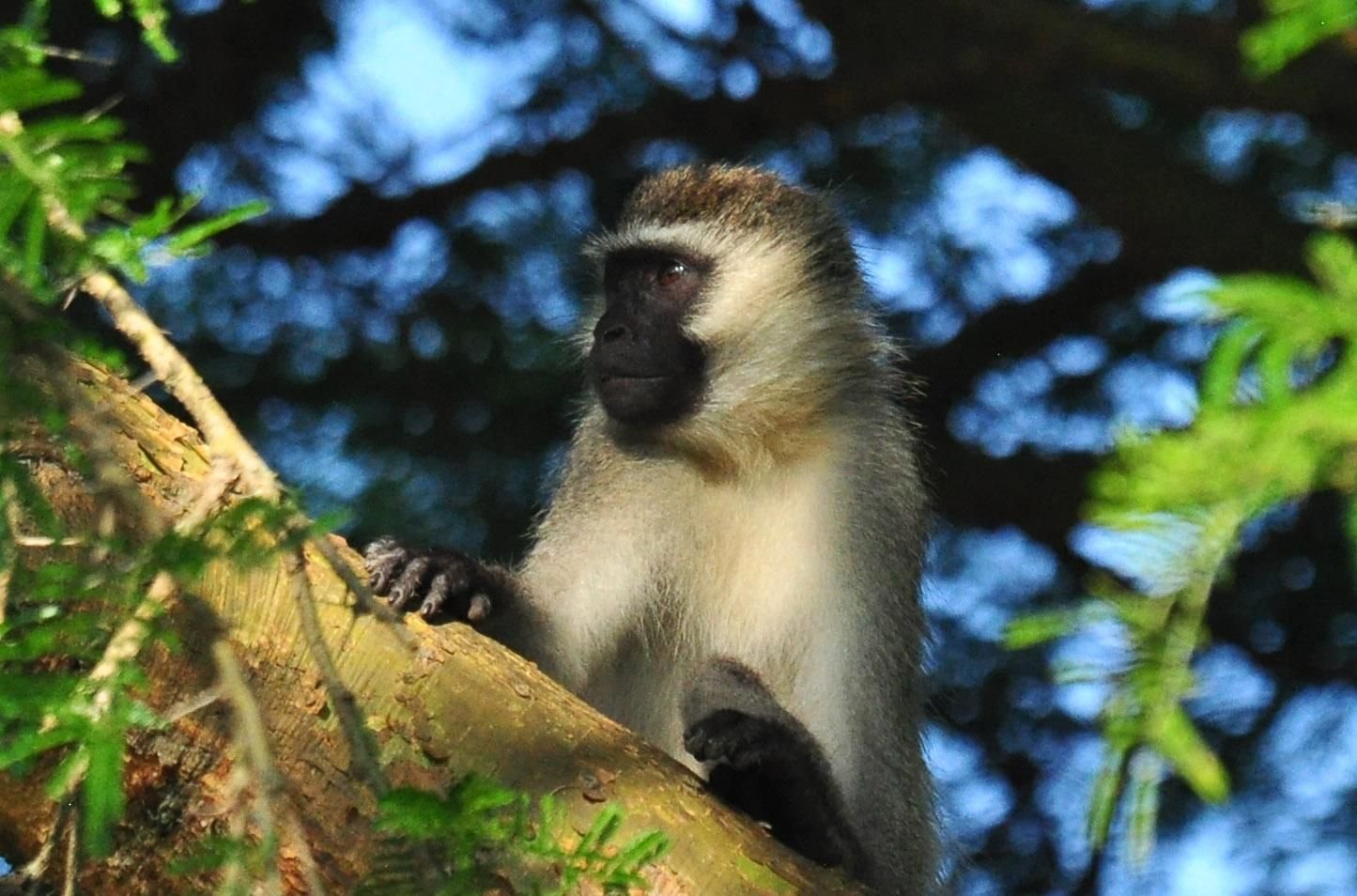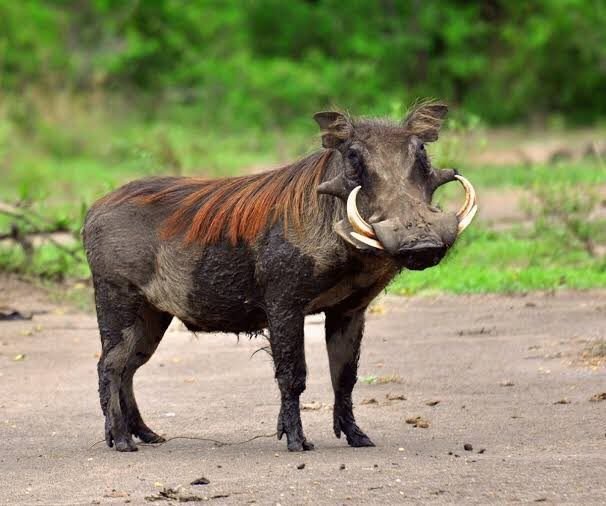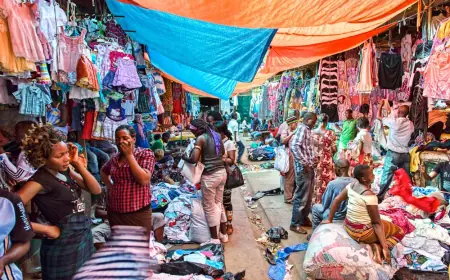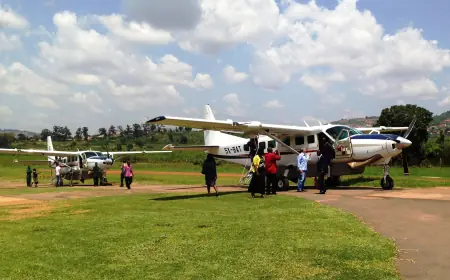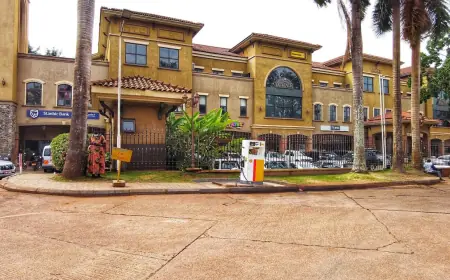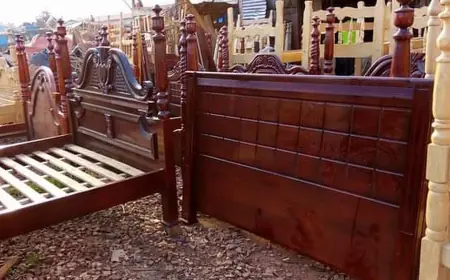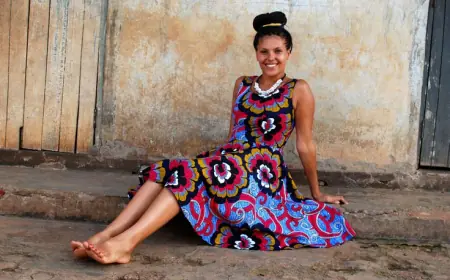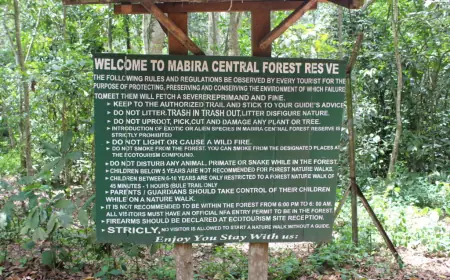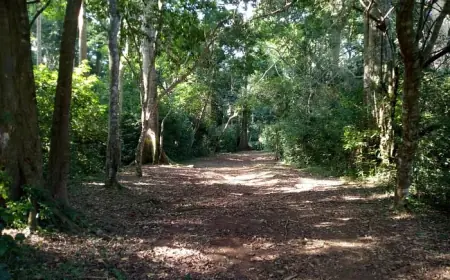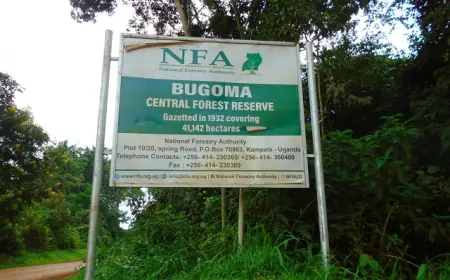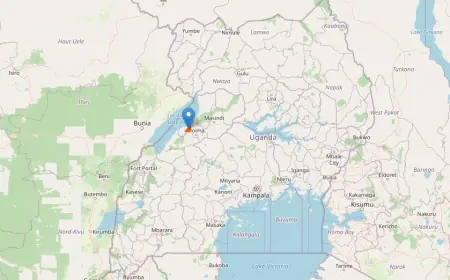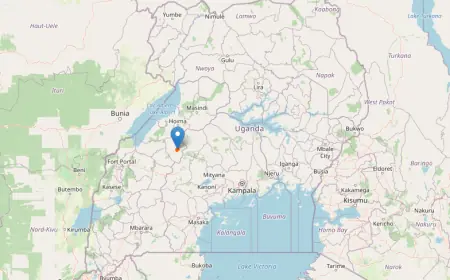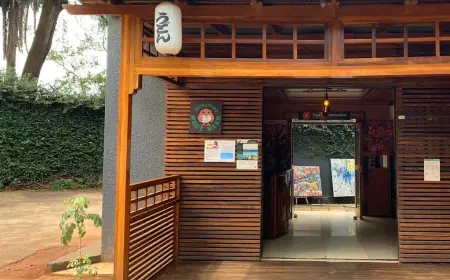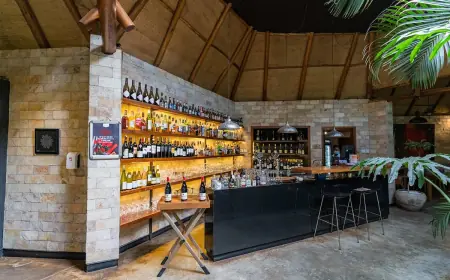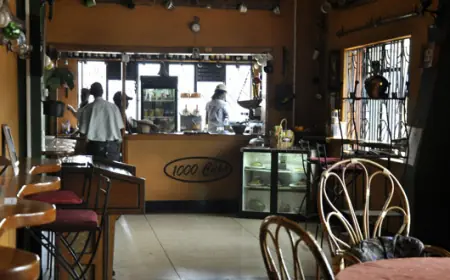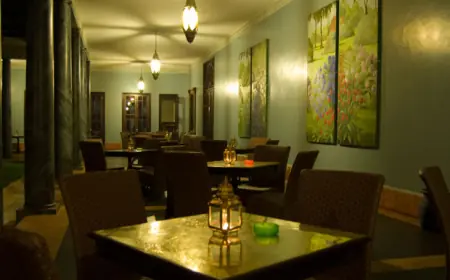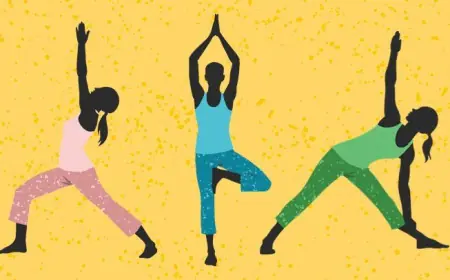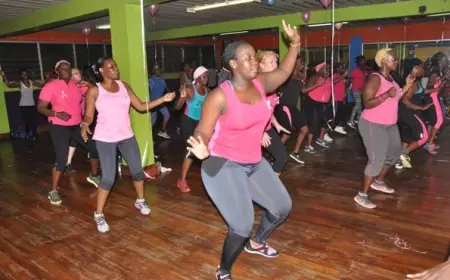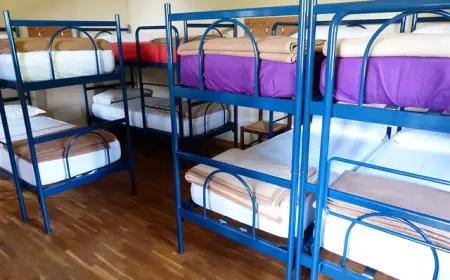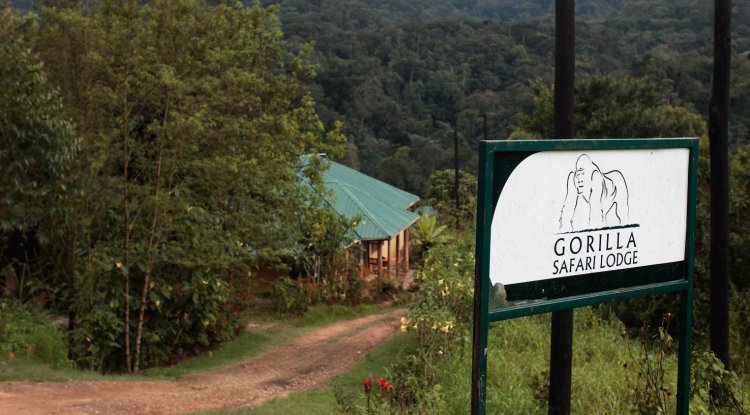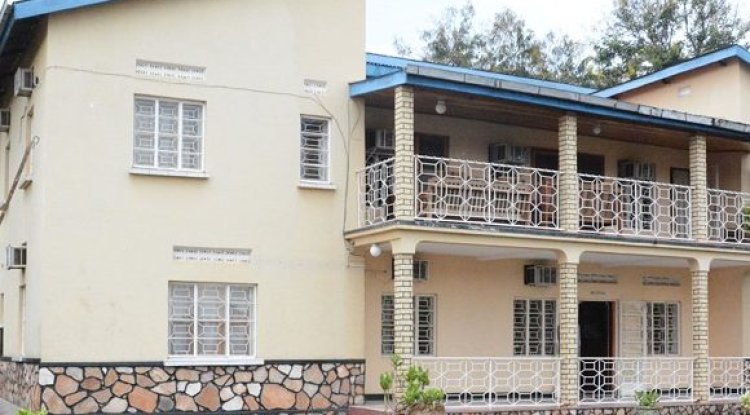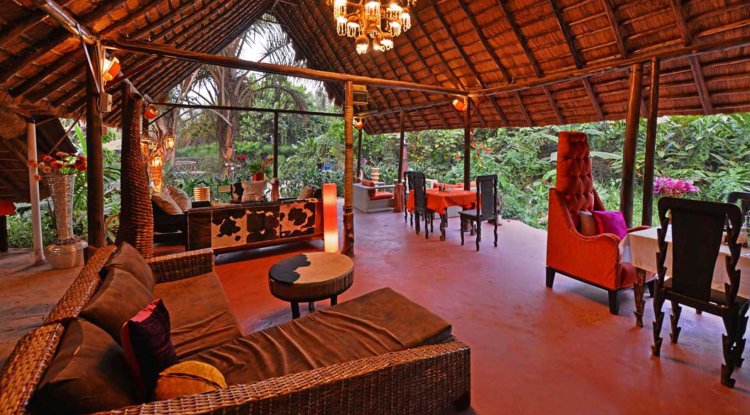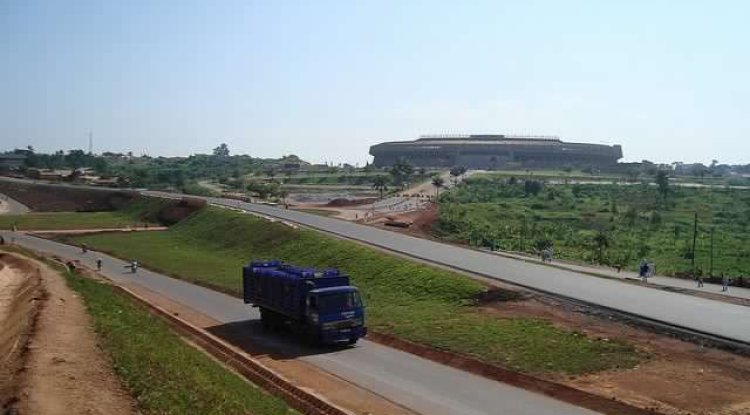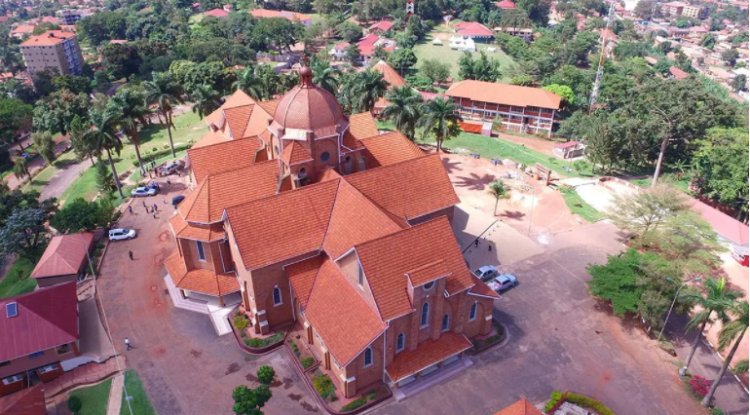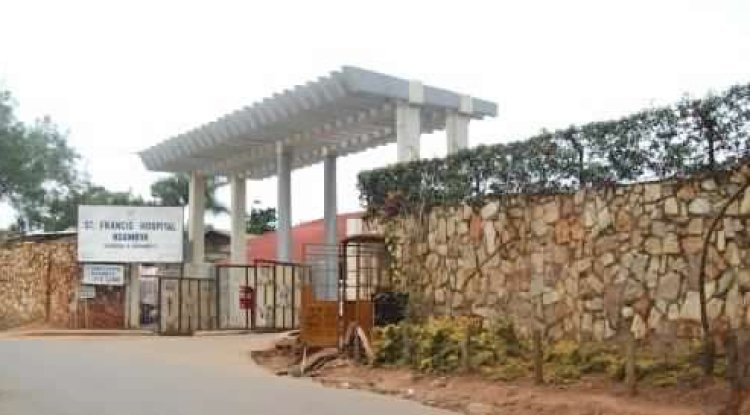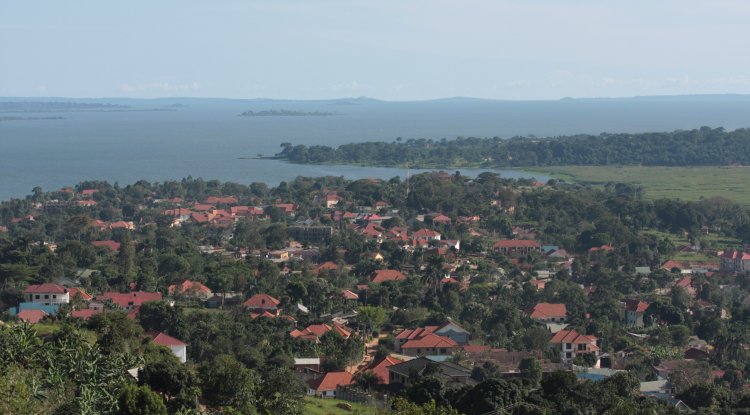Rubaga Hill
In Kampala, Uganda's capital and largest city, there is a hill called Lubaga. It derives from the Luganda term okubaga, which means to "plan" or "strengthen" a structure as it is being built. To strengthen the internal structure of a wall while building a house is an example of okubaga ekisenge. The community up on the hill goes by the same name.
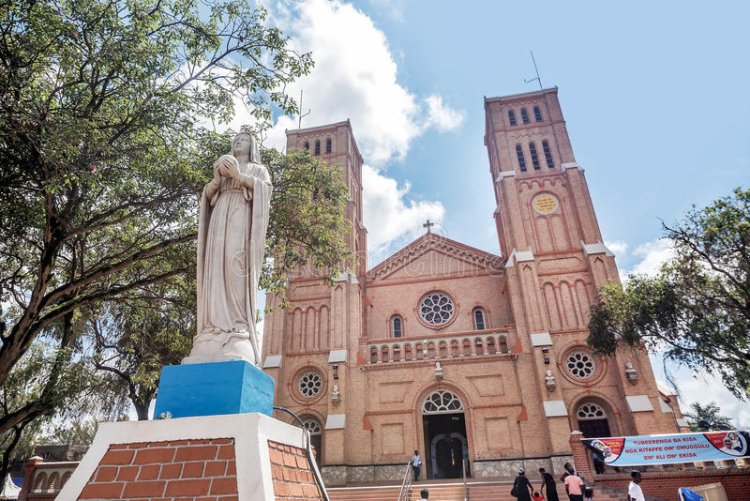
Location of Lubaga
Mengo to the east, Namirembe to the northeast, Kasubi to the north, Lungujja and Busega to the west, Nateete to the southwest, Mutundwe to the south, and Ndeeba to the southeast are Lubaga's neighbours. About 3 kilometres separate Lubaga from Kampala's main business sector when travelling by vehicle (1.9 mi).
History of Lubaga
One of the 18th-century palaces of the King of Buganda was situated on the hill. The capital of Kabaka Ndawula Nsobya, the 19th Kabaka of Buganda, was located on Lubaga Hill from 1724 to 1734. [Reference needed] The generals of Buganda planned their military campaigns in the palace on Lubaga Hill. The palace caught fire and was abandoned in the late 19th century, though, under the rule of Muteesa I Mukaabya Walugembe Kayiira, who ruled from 1856 to 1884. The modern-day Kitebi village was given to the Catholic White Fathers when they arrived in 1879. They eventually received land on Lubaga Hill itself, where they started construction on Rubaga Cathedral in 1914 and finished it in 1925.
The word Lubaga, which is correctly written, was difficult for the early missionaries to pronounce. They instead pronounced it with a "R", as Rubaga. There are no words that begin with "R," "X," or "Q" in Luganda. However, words beginning with "R" do exist in other Bantu languages from western Uganda and the African Great Lakes Region.
Overview
Together with Mengo and Namirembe, Rubaga, which rises to a height of 4,134 feet above sea level, forms a triangle around which Uganda's politics and religion have revolved. The Luganda verb "kubaga," which means "to plot," is where the name "ruga" comes from. It is said that Buganda generals planned their wars from this mountaintop.
The Buganda kingdom's capital previously resided at Rubaga, but during Muteesa I's rule, lightning struck and completely destroyed the palace, forcing him to relocate to Mengo. The rulers of Buganda were cautious to give the missionaries separate locations upon their arrival in order to prevent disputes among their adherents.
As a result, the Anglicans were given land on Namirembe hill while the Catholics, or Wafaransa as they were known, were given territory on Rubaga hill (Pierre Simeon Lourdel Monpel and Brother Amans were the first Catholic missionaries to come to Buganda). The Catholic Church's current headquarters are at Rubaga. The cardinal's home is close to the cathedral, while Rubaga Hospital is on the opposite side.
A senior residence is located close to Kabuusu, down the hill. Both Emmanuel Nsubuga, the nation's first cardinal, and Joseph Kiwanuka, the first black archbishop south of the Sahara, are buried here. Joseph Kiwanuka became a bishop in 1939. The Pope Paul VI Memorial Hall is located beside Kabaka's lake further down towards the base.
Points of interest in Lubaba
The following points of interest are located on Lubaga Hill:
- Saint Mary's Cathedral Rubaga
- Residence of the Cardinal of Kampala
- Residence of the Archbishop of Kampala Archdiocese
- Lubaga Hospital-Officially Uganda Martyrs Hospital Lubaga - A 300-bed community hospital administered by the Catholic Archdiocese of Kampala
- Lubaga Nurses School
- Lubaga Miracle Center - A place of worship affiliated with the Pentecostal Movement.
- Pope Paul VI Memorial Community Centre
- Headquarters of Lubaga Division - One of the five administrative divisions of the city of Kampala.
- Lubaga Campus of Uganda Martyrs University, whose main campus is at Nkozi in Mpigi District.
- Pope Paul VI Social Club - Home of the Rotary Club of Rubaga, a member of Rotary International. The Rotary Club of Rubaga celebrated its Silver Jubilee on 18 February 2012.
What's Your Reaction?
 Like
0
Like
0
 Dislike
0
Dislike
0
 Love
0
Love
0
 Funny
0
Funny
0
 Angry
0
Angry
0
 Sad
0
Sad
0
 Wow
0
Wow
0
